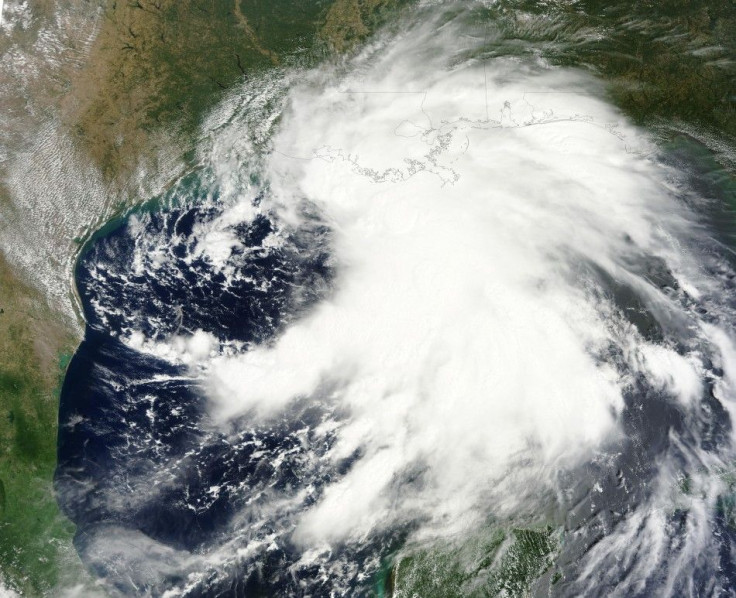Climate Change, Extreme 2011 Weather Linked in New Report

So far, 2011 has been an unprecedented year for extreme weather, and a new report links the meteorological fury to the long arc of climate change.
Gradually rising temperatures have increased the frequency of weather events like heavy rains and heat waves, according to the report. The number of record highs have also far outpaced the number of record lows recorded in recent years, with 75 countries seeing all-time highs but only 15 countries seeing all-time lows over the past decade.
All weather events are now influenced by climate change because all weather now develops in a different environment than before, the report's authors wrote. While natural variability continues to play a key role in extreme weather, climate change has shifted the odds and changed the natural limits, making certain types of extreme weather more frequent and more intense. The kinds of extreme weather events that would be expected to occur more often in a warming world are indeed increasing.
The report was produced by Climate Communication, an organization devoted to publicizing research on climate change, and was reviewed by scientists from institutions that include the National Center for Atmospheric Research and the Scripps Institution of Oceanography at the University of California, San Diego.
The United States has experienced an uninterrupted parade of record-setting weather this year, from torrential flooding across the Midwest to a spate of deadly tornadoes to soaring temperatures and scorching droughts, which are responsible for the historically destructive wildfires raging through Texas.
Jeff Masters of Weather Underground, who reviewed the report, said that much of 2011's weather can be attributed to a warming planet. Rising temperatures elevate the moisture in the atmosphere and increase levels of precipitation, while also spurring heat waves and tornadoes by packing more energy into the atmosphere. Total average snow and rainfall has increased by about 7 percent in the past century, says the study, according to the report.
Climate change has become a contentious issue for the candidates vying for the Republican presidential nomination. Former Utah governor Jon Huntsman has excoriated Texas Gov. Rick Perry for questioning the scientific evidence that climate change is man-made, a skepticism that former Massachusetts Gov. Mitt Romney shares. The reports authors write that the current data leaves no doubt.
Rigorous analyses have shown that natural variability alone cannot explain the observed long-term trends of changing extremes in temperature and precipitation, they wrote. Extreme weather events do not have a single cause but instead have various possible contributing factors -- and human-induced climate change is now one of those factors.
© Copyright IBTimes 2024. All rights reserved.




















